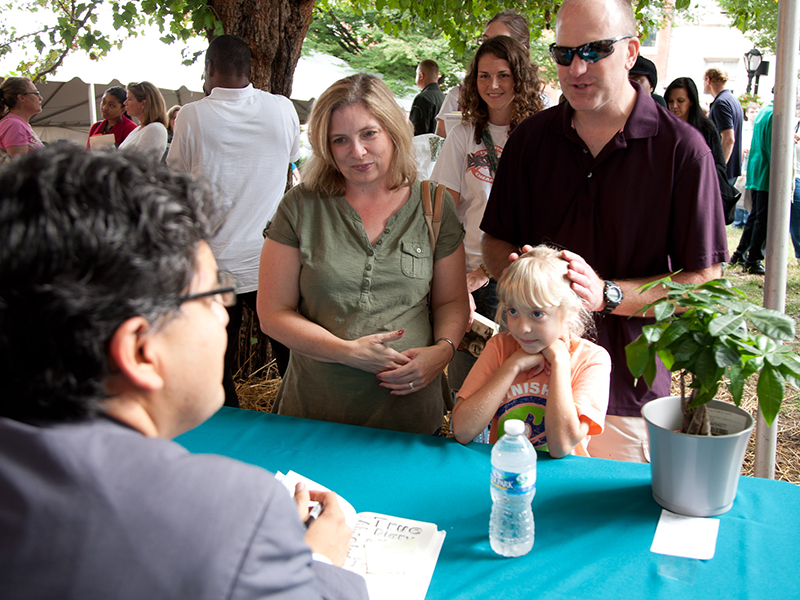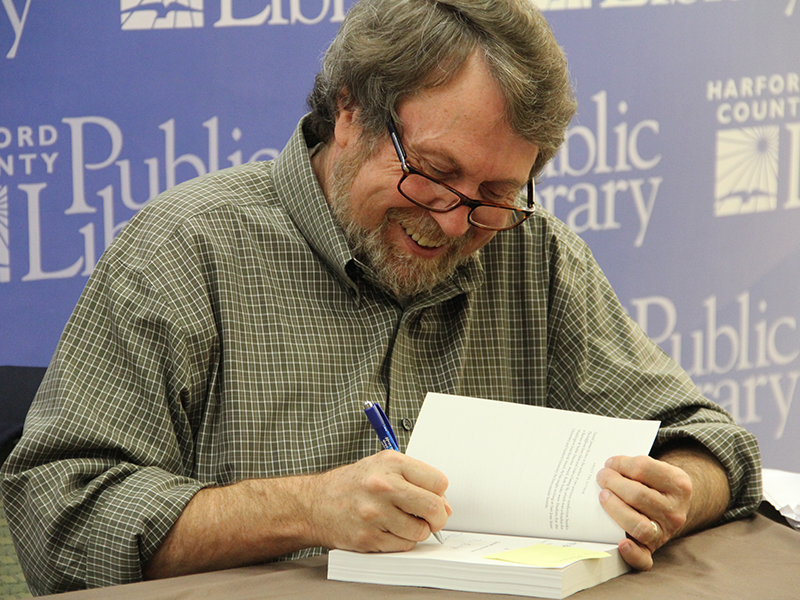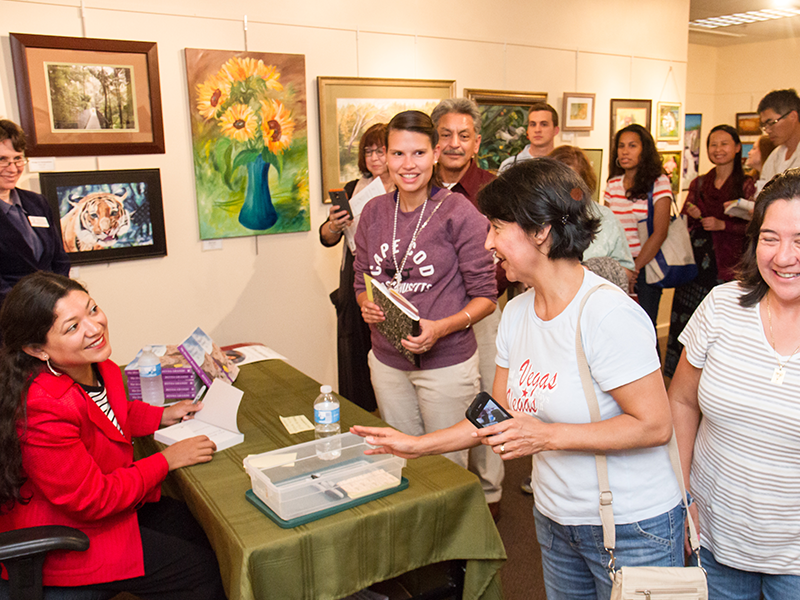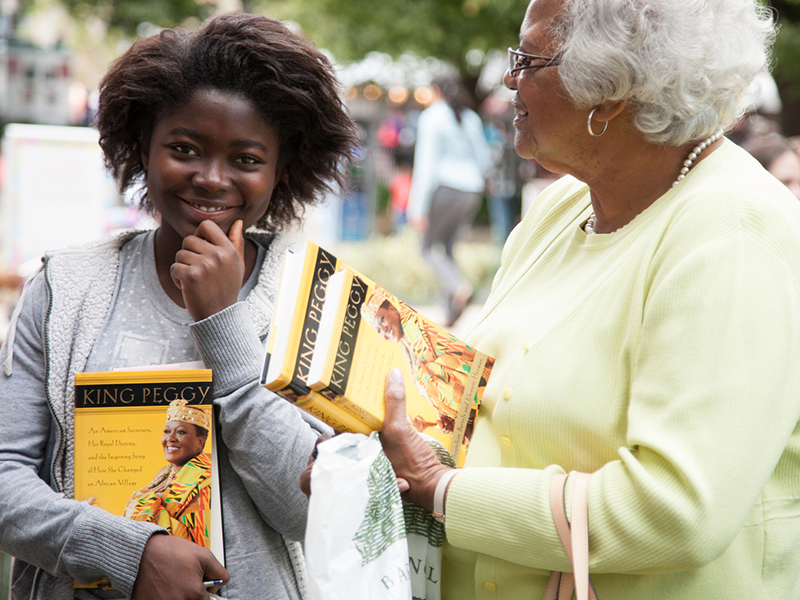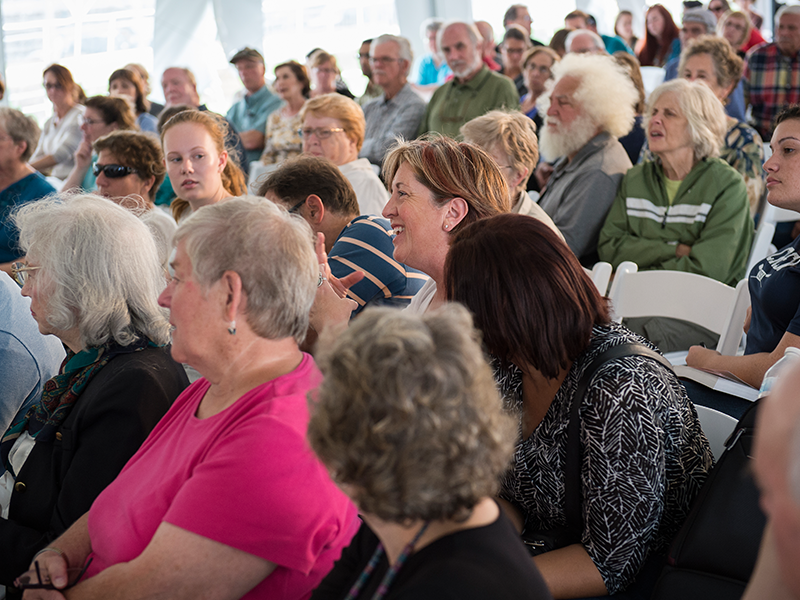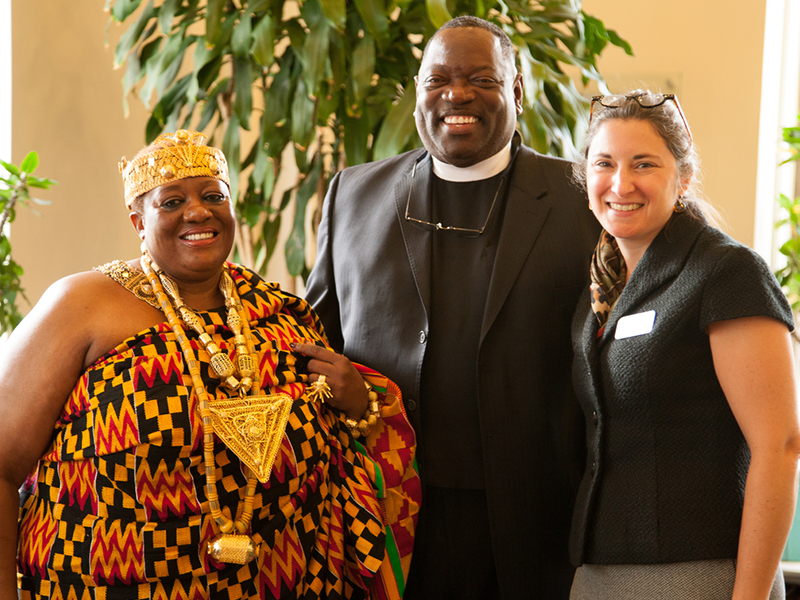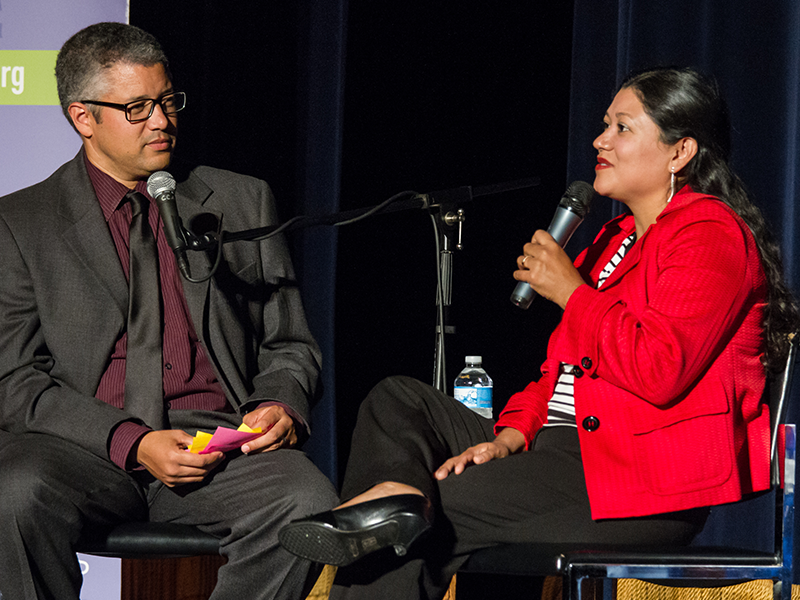Announcing the Top Ten selections for
One Maryland One Book 2025!
2025 Theme: WHAT WE COLLECT / WHAT WE TELL
“Every generation confronts the task of choosing its past. Inheritances are chosen as much as they are passed on. The past depends less on ‘what happened then’ than on the desires and discontents of the present. Strivings and failures shape the stories we tell.” – Saidiya Hartman, Lose Your Mother: A Journey Along the Atlantic Slave Route.
The humanities are fundamentally an art of narrative—a complex tapestry of storytelling and recordkeeping. Whether expressed through pictures, recordings, paintings, or diaries, these materials help us interpret and reinterpret the past. In other words, they serve as a testament to what we value. The same goes for literature where writers perform acts of cultural preservation through stories they’ve taken from the research and ephemera of past lives and present them to their audiences.
As a humanities organization, we see our work as interpreting and re-interpreting materials from the past for audiences today. A book is the result of a writer choosing which stories to put forward from the experiences, research, and ephemera of the past: the diary, the photo, the recording, the heirloom. The same goes for the museum exhibit, the art show, or the conversations we have around it. In the end, what we record and save is the testament to what we value.
For this year’s One Maryland One Book, we want you to think about how we collect and use materials in order to tell and preserve the stories they hold — especially those in danger of being lost. How do we assemble them into new narratives that speak to today’s audiences?
Want to stay updated on OMOB and other Maryland literary news?
Interested in reading with OMOB this year?
Follow us on Facebook and subscribe to Maryland Humanities’ e-News to be the first to hear what we’ll be discussing across our state.
About One Maryland One Book
What if everyone read one book at the same time?
When we read a great book, we can’t wait to share the experience and talk about it with others. That’s one of the joys of reading.
In that spirit, Maryland Humanities created One Maryland One Book (OMOB) to bring together diverse people in communities across the state through the shared experience of reading the same book. We invite you to participate in book-centered discussions and related programs at public libraries, high schools, colleges, museums, bookstores, and community and senior centers around the state.
OMOB programs, including an author tour, take place each year in the fall. A calendar of free public events will be available online this summer.
One Maryland One Book Lead Sponsors & Partner
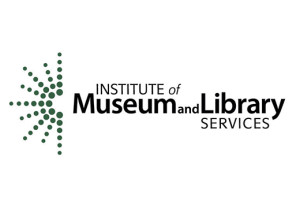
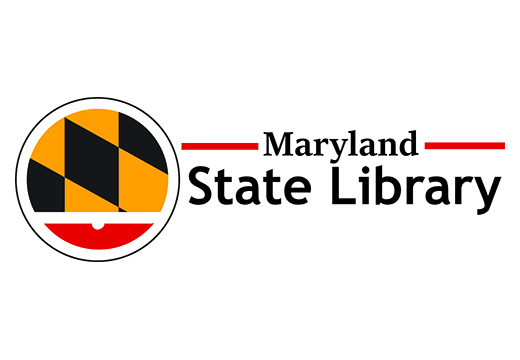
Additional Support
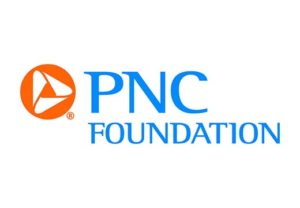
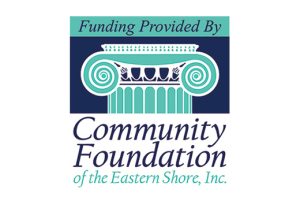
This flagship program of Maryland Humanities’ Maryland Center for the Book would not be able to reach all 23 Maryland counties and Baltimore City without the continued support of our partners and sponsors. Please join us in thanking them for their generosity!

